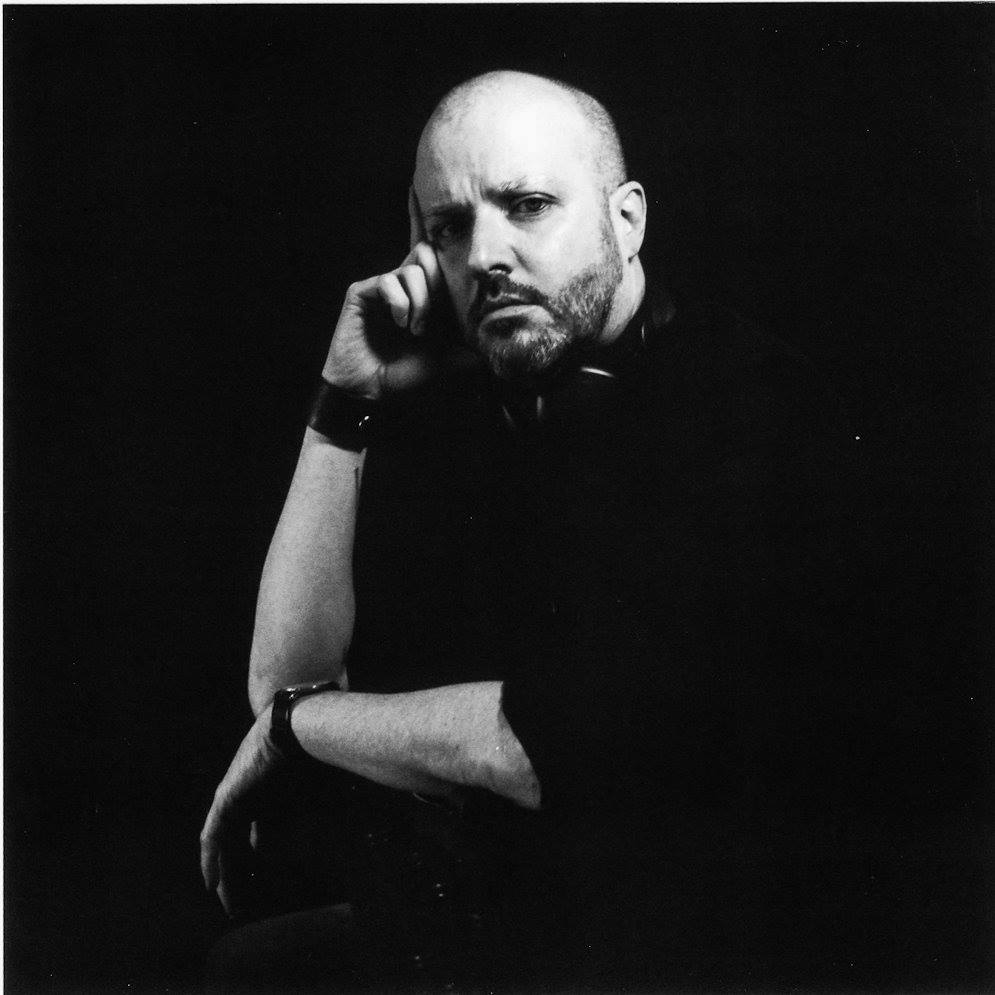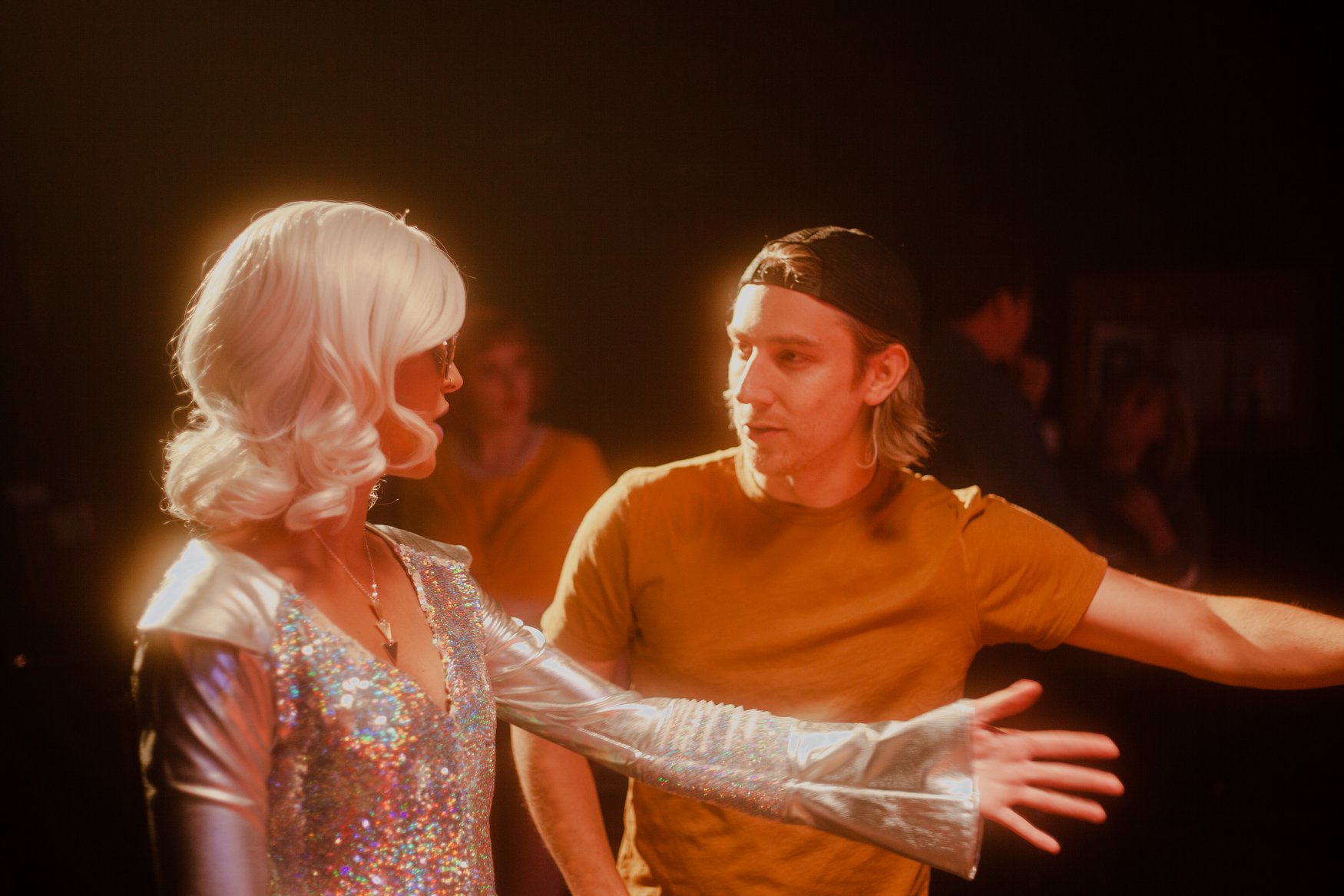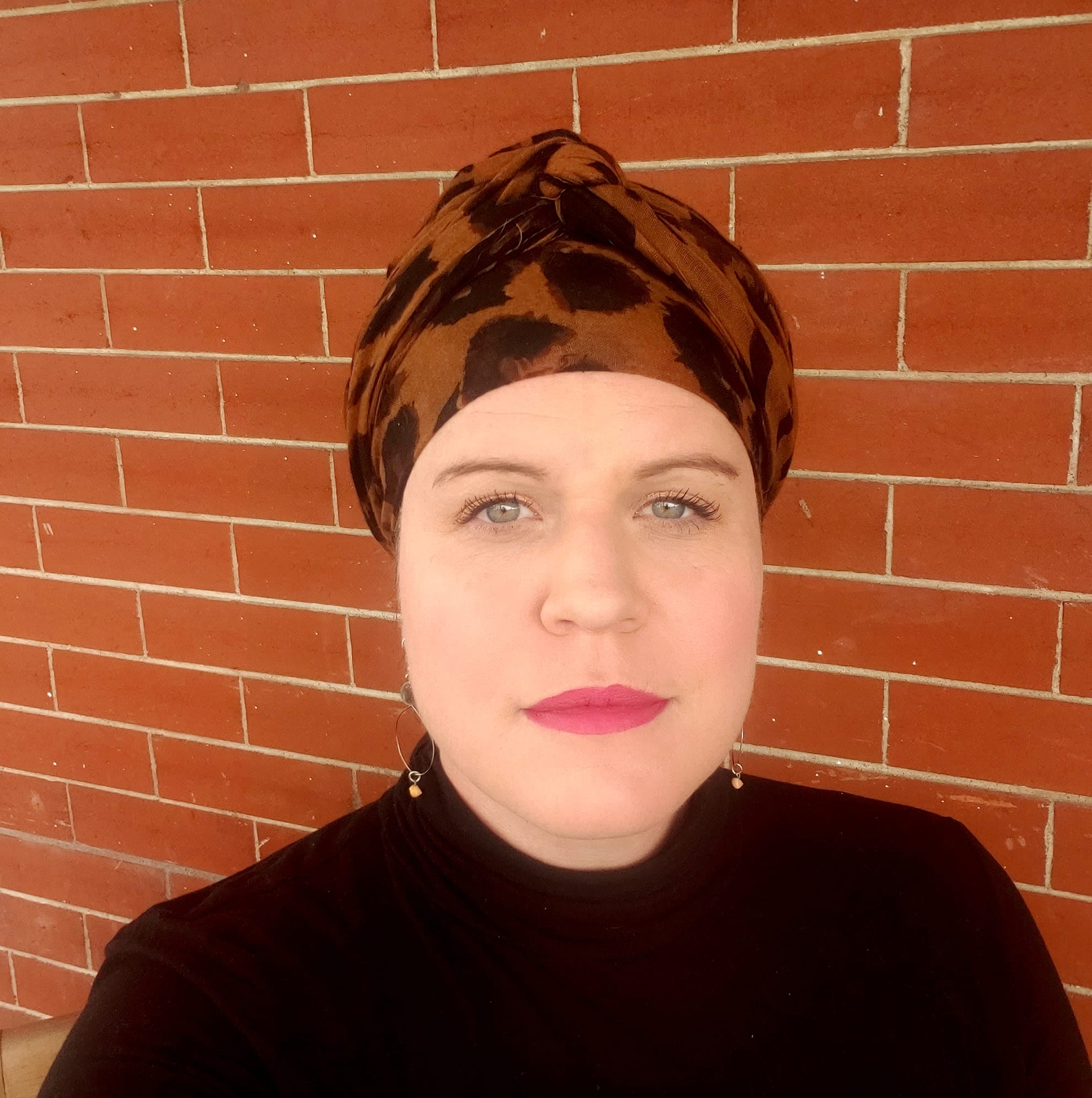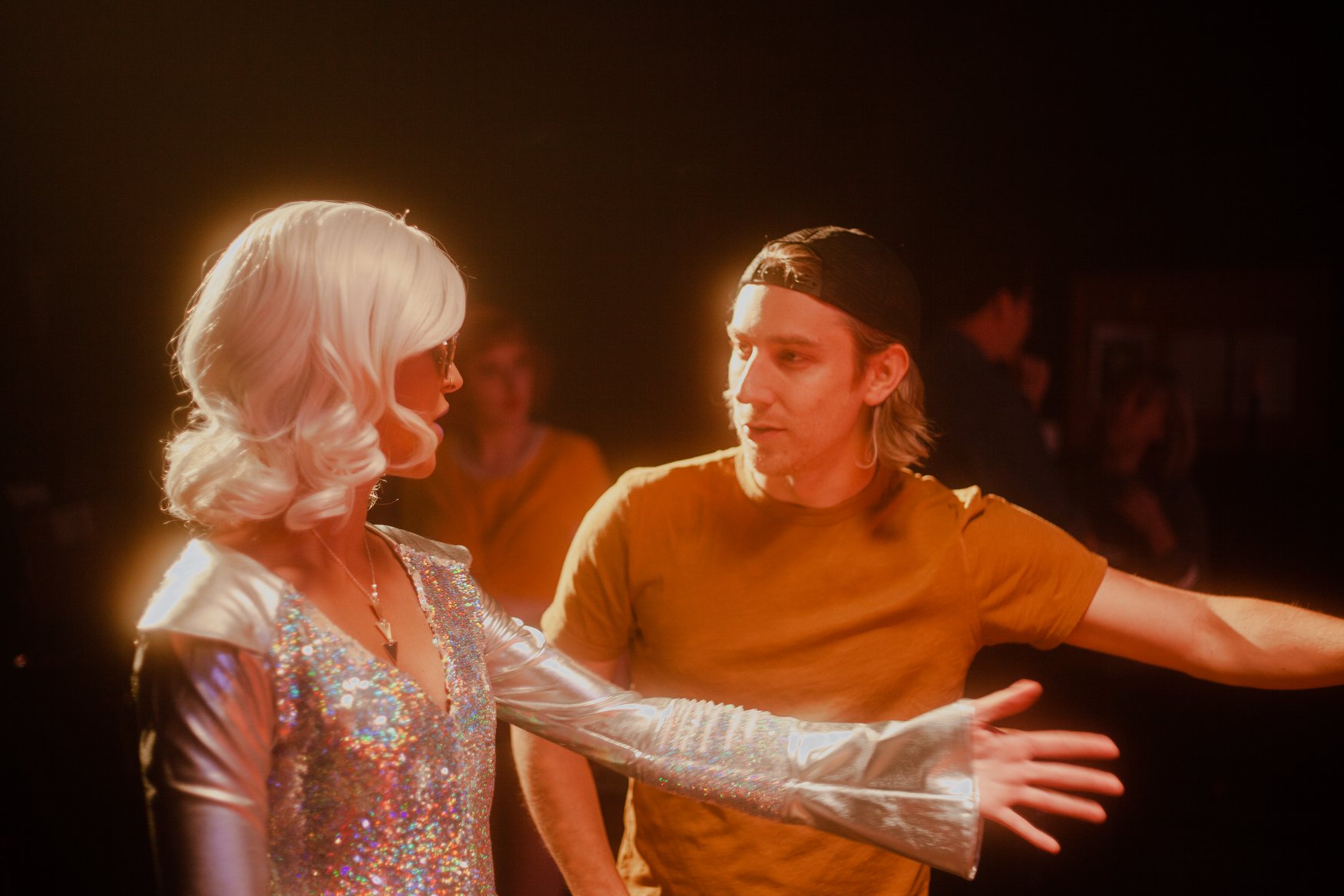This is an ongoing series, go here to read part I
We are in a state of emergency in all of the forms that that phrase encompasses. As journalists, our job is to look at all of these facts, all of these moments, and catalog them, bring them to the reader, regardless of whether or not the reader can take more bad news. Although that will never stop being our job, it doesn’t always sit right with us. Beyond the critical information that shifts every day, there is an underlying world of thought and feelings that statistics cannot touch. Our people, the Denver community, are a multi-faceted, resilient bunch, but that doesn’t take away from the singularity that social distancing, infection rates and public policy changes can have.
In times like these, the responsibility on our shoulders also becomes an opportunity to help by letting others tell their stories, stories that readers can relate to. Grief is a process, an often lonely experience, but there is something to be said about being sad, being broken, and owning it — allowing others to say “I’m here with you.”
We have reached out to community builders, frontline workers, creatives and other media outlets to provide a glimpse into their worlds, give them a voice that will resonate with yours and (hopefully) provide comfort in the discomfort, because as lonely as this can be, Denver is a city of community and part of the battle is remembering we have that when everything else feels less concrete.
Michael Trundle
Founder and DJ of Lipgloss Denver

There is very little peace in my world right now.
I’m speaking of the inner peace that lets one sleep deeply, that lets one mindfully listen to a piece of music, that lets one move through the world without a constant awareness that something is not right in the very air we are breathing.
Life is a fearful thing when the very air around us feels dangerous. When every breath might contain a tiny little piece of death. When a hug or kiss might kill. When we see that the trickle-down effect does work, but only with hatred and ignorance.
But in this lack of peace, in this dangerous wind, I am finding swirling eddies of beauty and love. I am finding people who show love to me in ways I hadn’t imagined. A random text asking how I am from someone to whom I haven’t spoken in years. People who give extravagant tips for my virtual DJ sets, tips
that I know very well go beyond whatever respite I might be providing them. My three-year-old, who is seemingly incapable of giving me 30 seconds alone, just this very morning giving me 30 minutes to write this because I told him it was important to me. He is sitting next to me right now, watching me type, being quiet for what seems the first time in weeks and weeks.
I don’t know that I can find peace right now. I will be afraid, I will sleep restlessly, I will constantly be aware that the air can be dangerous. But the love people have shown me will give me the strength to get through this.
Rebecca Hannigan
Local Writer, Musician

I spend most of my days in bed, though, fortunately, I don’t have COVID. I’m a different sort of sick, though some would argue that it isn’t sick, but selfish, a privileged problem, and sometimes I’m tempted to agree. I understand what they mean. I’m the first to be critical of me, to shift from crying about my internal state to mocking how it’s come to be, how I’ve come to be, with such absurdity, with such self-hatred that seems like it’s been planted and cultivated in me like a seed. Accidentally swallowed, maybe, like watermelon, then met with the right conditions to grow. I do love growth. I might be obsessed with it, which is partially why I’m here today, in this semi-hospital setting. I’m in a treatment facility for eating disorders.
We’re served food six times a day, and we sit three to a table, spaced apart, with staff stationed along the perimeter of the room like sentinels. We don’t do dishes. We don’t cook. Our role in the food chain is to eat every last bit on our plates, scrape the sides of the single-serving peanut butter container, drink to the last drop of milk, lick the knife clean of butter, even if you’ve run out of bread.
COVID-19 has been a great instigator of depression and loneliness, as we all know. Mix this with full days as blank slates for hearing the loud, condemning voices in your head, having nothing to stop you from exercising for half the day, avoiding grocery stores, or maybe, after starving, eating so much before making yourself sick, and you’ve got the perfect conditions for an eating disorder.
In life before and during COVID, I’ve become more and more aware of how many individuals struggle with emotional eating, restricting, obsessing over diet and fitness for the sake of achieving something like nirvana-state in and with their bodies. To distract. To feel confident. It’s more problematic than many of us acknowledge. Drinking often plays a role, as it has, and does more noticeably now, during COVID, with restaurants marketing quarantine-special drinks, with memes and tweets and jokes about being “functional alcoholics,” which truly, shouldn’t be seen as anything less than a dangerous oxymoron. The normalization of such behaviors has contributed to my inability to stay in a healthy body for years. And then, cue absolute solitude, with no one standing between me, my self-deprecation, free full-body workouts online, a bottle of gin and box of wine — and look where I’ve landed.
Life in this facility, pre- and during COVID is a unique experience. Each time we use the bathroom, a staff member looks inside before we flush (right after meals, we have to keep the door open). That staff member is checking for vomit and bowel movements, which are classified and recorded. Anyone who has been eating all of their food is allowed to stand outside, during 15-minute intervals, in what I call The Cage: a second-floor patio surrounded by bars with hard, plastic forms that function as seats but are shaped like pills, as if their shapes and colors somehow give a sense of playfulness in the otherwise bleak imitation of freedom.
Again, I’m fortunate. I don’t have to deal with germ-mania, grocery store anxiety. I don’t have to make my bed or sanitize surfaces. Compared to my former, quarantine situation which kept me lost in self-destructive, depressive thoughts, anorexic neuroses, exercise compulsions and drinking urges, it is. But at the same time, it isn’t easy. Within these walls, medically-unstable men and women are wrestling with demons while wearing face masks, struggling to breathe deeply, and show feeling with only the eyes and forehead. We’re together, offering support, but there is something slightly less human to plunging these dark, inner depths while keeping yourself six feet away. When another patient starts sobbing, shoulders shaking and face reddening, I want so badly to put my arm around them. I want someone to put an arm around me. Such a desire for contact isn’t unique to this facility, of course, but it’s a marked difference I’ve noticed in my own sessions with my psychiatrist and dietitian and therapist, how much less I feel like I know them, simply because of the patterned cloth covering all of our noses and mouths.
With COVID-talk constantly in the air, I think more about all of the professionals who are here, helping us. I think about the cleaning staff and overnight nurses who have to enter this world that can feel stifling with contagious, sad air-quality, then leave, only to be enveloped in contagious paranoia everywhere else. I think of my therapist’s roommates, my psychiatrist’s kids. I want to offer support to them as much as they support me. I don’t feel as trapped as I did with myself in my own house, but I do feel more sad, on behalf of the world, on behalf of the many out there who, I imagine, are likely dealing with higher urges and greater stresses and temptation to engage in such self-destructive habits that I’ve been able to step away from, with a considerable amount of help. If anything, if you’re struggling, please, reach out to someone. Nourish yourself many times a day, and give yourself a balanced mix of greens and milk and cookies. When I’m back out there, I’ll be thinking of the patients and staff in this facility. And from inside, now, I’m thinking of everyone outside, sanitizing, wrestling, waiting.
Dylan Owens
Former Editor for Denver Post, Writer

I’ve been a writer for a while, so I’m no stranger to aimless weeks spent feeling like a huge idiot.
As a writer, success is a mirage. If you land a job — and that’s a big if — the job is basically: spitball some understanding of why this thing that happened is important.
But honestly, you never “get” anything. Pitching, writing, trying period — it can feel like you’re a hungry dog at a boarded-up carnival. When you finally sniff out some cotton candy, it disintegrates as soon as you bite down.
On my worst days, these last two months have made that hunt seem even more absurd. Even if you do make a thing, who cares? People are dying — their friends and family are dying. Art and its pursuit feel trivial, even selfish. You can’t eat art. It can’t cure you.
And then I lift my head from my computer and I listen to my friends. For a while, we talk about how this all hurts. And as the conversation turns, we inevitably talk about who we’ve been spending time with while we’re alone: We talk about art. I hear one group of friends flip out about old movies they’ve gotten into — the remarkably modern Sunset Boulevard, the eerily prescient Safe — while another takes (another) lap around the Adam Sandler filmography. I call my Dad and hear him talk about the new Fiona Apple album — “I think it’s really good!” — and a college roommate flex his philosophy major over text, comparing The Decameron to the uber-nerdy The Witcher book series he’s been devouring.
X-ing out a Zoom window, I’m different. Ah — that’s why we try. Not just because trying — writing, painting, filming, crafting — is itself an act of hope. But because, while, yes, you can’t eat art, it can cure you. From the vantage point of my chair’s ass-groove, I remember that, lick my paws, and trot back to the carnival, hungry for cotton candy, a nickel, dirt — everything.
Jami Duffy
Executive Director for Youth on Record

The day before Youth on Record decided to halt in-person activities at our Youth Media Studio and in our school programs, our team was looking really fancy. Not fancy like they’ve been for the past few weeks – showing up to team zoom meetings in animal prints and funny hats and lounge-wear (ok – pajamas) – but fancy enough to receive an award from the Colorado Business Association for the Arts.
Our team of artists, administrators, and board members crowded into Sewell Ballroom with 700+ members of Colorado’s arts community for the annual luncheon. We shook hands and tapped elbows and made passing comments about coronavirus, or “The Roni V,” our team’s kitschy nickname for the then-novel but soon to be ominous pandemic.
As I walked around, greeting and thanking friends and colleagues, I had a feeling, deep in my gut, that everything was about to change. But instead of allowing my mind to spiral out of control, I soaked in the moment of watching my friends and colleagues shine brightly, make silly jokes, and nibble on their plated quinoa and chicken lunch. At our table, we passed dessert and the occasional note and side-eyed glance. And, for a moment, we were ok. Better than ok. In fact, our vision for Youth on Record was accelerating and being recognized, and our team was closer and more aligned than ever.
Flash forward to earlier this week. Our team of community artists and all-around resilient bad-asses was tired and frustrated. They were doing their best to engage with each other at our Monday morning Zoom call, but the subtext was clear. My friends were feeling defeated. And this feeling was hitting them hard, despite the fact that Youth on Record has continued all of our current services since March 15; despite that fact alt ALL Youth on Record staff members, teaching artists, and contracted artists are being paid fully (with no signs of layoffs of furloughs in the future); despite the fact that we’ve taken a trauma-informed management approach and self-care to the next level. Still, in the middle of our organization’s continued health, we’re feeling the pain of our current reality.
My hope is that by sharing our highs and lows, our strategy and set-backs, our programmatic approach, our management and inner-life development activities, and our new artistic and story-telling platforms, we might shed some light on the current circumstance for folks who don’t know what’s going on or how to help. I’m also hopeful that Youth on Record’s story might offer some comradery and support for fellow artists, nonprofits, and partners who need friendship and community now more than ever.
I know we’ve all heard it. “We’re in this together.” But, we are.
We really are.





